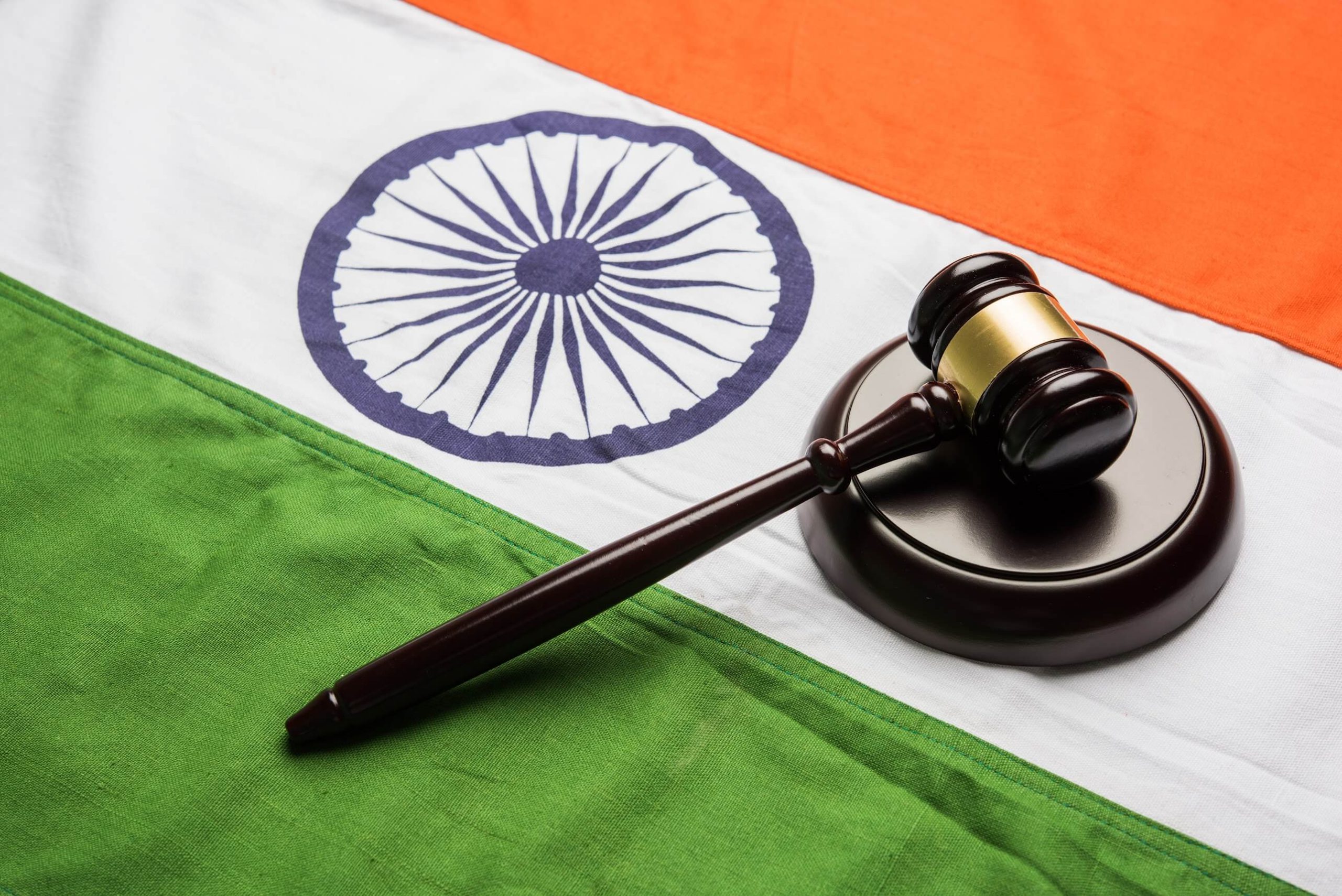New regulations offer opportunity for fast-track and emergency arbitrations
New regulations unveiled on 31 August 2023 provide guidance on arbitrations at the India International Arbitration Centre. The regulations provide for procedures which are aimed at achieving fast, fair and efficient conduct of arbitration.








